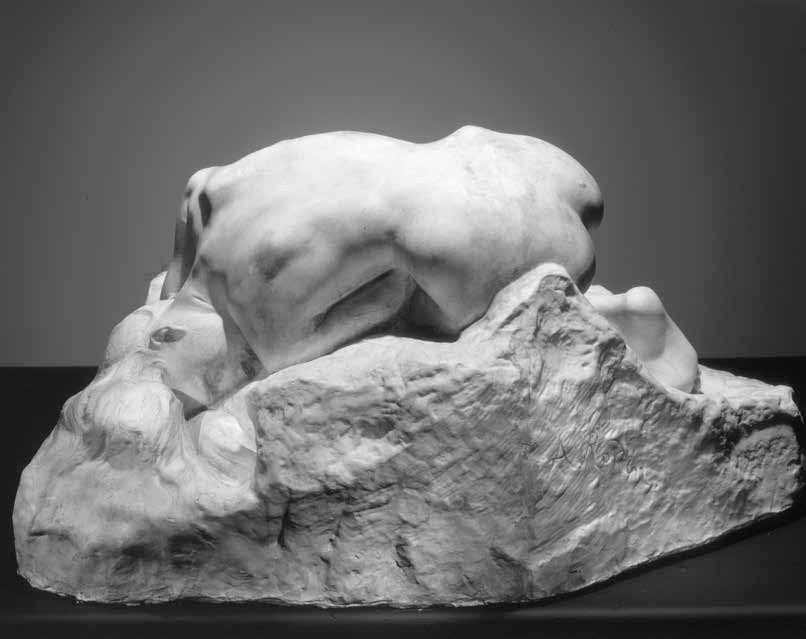A number of publications have written about the 17th April 2019 Paris Court sentencing of Gary Snell, an American collector, on counterfeiting charges for reproducing Rodin bronzes from original plasters he acquired in the 1980s/1990s.

It is worth noting that:
1. The judgement directly contradicts the Berne Convention and its application of Intellectual Property Rights. The convention, to which France is a signatory, stipulates that the copyright of a work of art or literature expires 50- 70 years after the author’s death and reverts to the public domain thereafter.
2. If Snell is in breach of copyright or counterfeiting, then so would be countless publishers of works of art, literature, etc. by famous authors. The entire canon of Western literature would not be translated and reproduced and Van Gough’s “Sunflowers” wouldn’t appear on post cards
3. The Musee Rodin v. Gary Snell and various other defendants legal dispute has been going on for two decades during which time Gary Snell has won case after case in different jurisdictions including France. In this last (or latest, pending possible appeal by Snell) round, Musee Rodin, who appealed an earlier court judgement, won on moral right and counterfeiting charges
4. Given that the Snell bronzes are direct reproductions from foundry plasters authenticated by Musee Rodin, finding against Snell on counterfeiting is clearly flawed or partisan/biased in favour of Musee Rodin, a state-sponsored institution
5. Further, Musee Rodin has never contested the authenticity of the plasters, nor can it. In fact, Musee Rodin itself does exactly the same, i.e. reproduces Rodin’s works for the purpose of selling them. Some of these Musee Rodin reproductions are made in resin and it may be argued that in itself is a distortion of the artist’s legacy.
6. The French court has also chosen to level an ethical criticism of Snell, namely that he has profited from Rodin’s legacy. If profiting from an author’s legacy were unethical, the world would be a culturally poorer place, with no stage productions, no books, no sculptures perpetuated in any form by those willing to take a commercial risk for profit
7. It follows that the dispute between Musee Rodin and Gary Snell is an entirely commercial dispute, often presented as an attempt to protect the legacy of the French sculptor or the national heritage. In that Musee Rodin intends to keep its monopoly on reproducing Rodin’s works and on selling them, from resin gift shop merchandise to large bronzes via auction houses, it can hardly claim a higher moral ground in relation to anyone doing the same for personal gain
8. Lastly, Gary Snell has donated the entire proceeds of selling the bronzes he has produced from these authenticated plasters to charitable causes as well as funded his legal costs for close to 20 years. He is considering taking an appeal all the way to the European court of justice.
GARY SNELL IS AVAILABLE FOR Q&A INTERVIEWS



 Saving...
Saving...